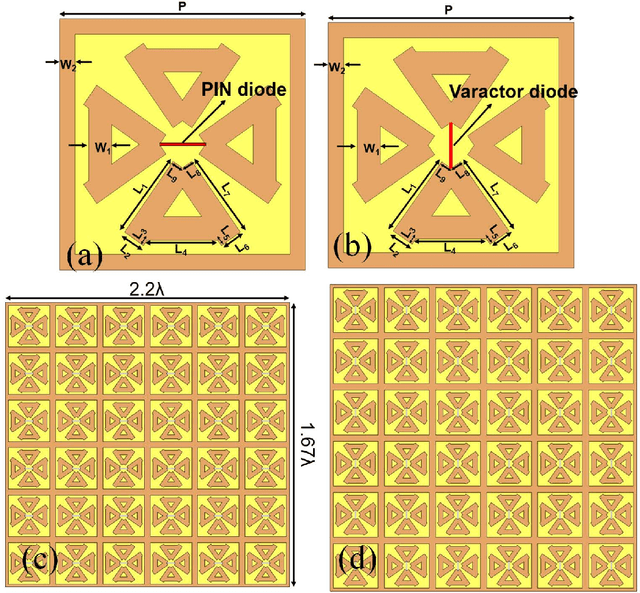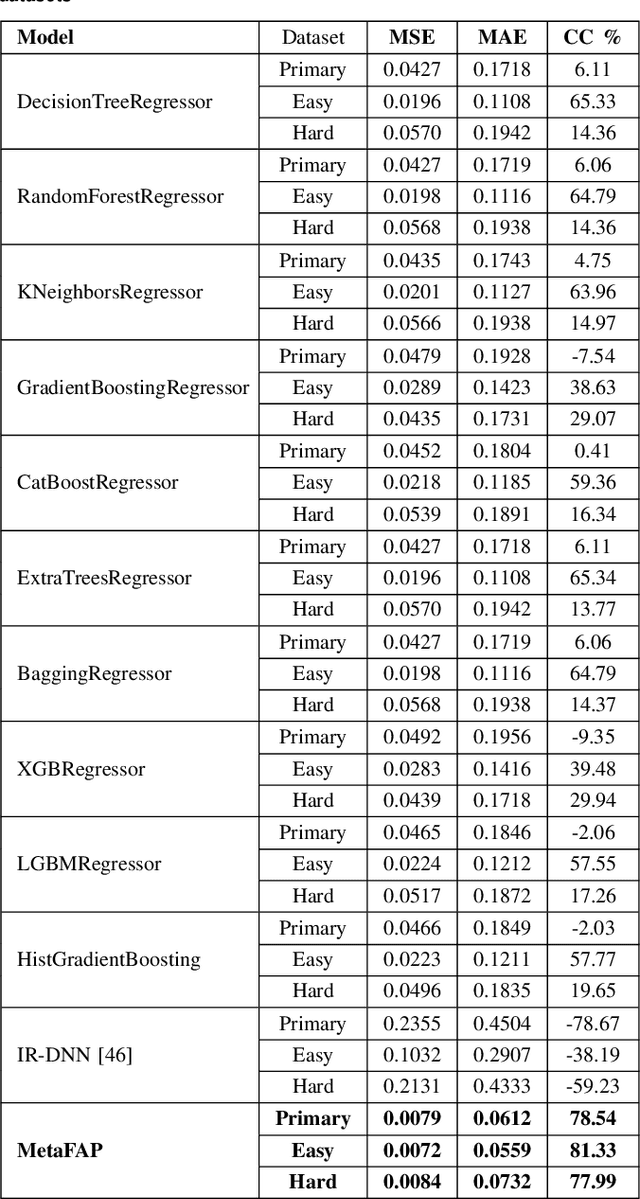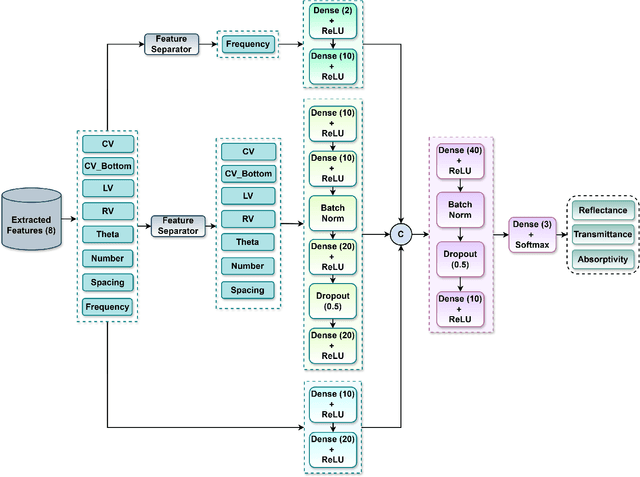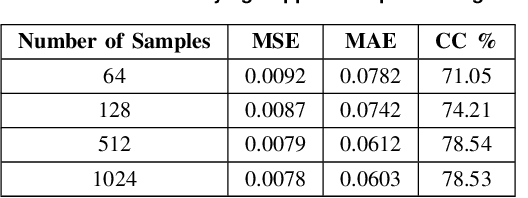Md Shoaib Akhter Rafi
BNLI: A Linguistically-Refined Bengali Dataset for Natural Language Inference
Nov 11, 2025


Abstract:Despite the growing progress in Natural Language Inference (NLI) research, resources for the Bengali language remain extremely limited. Existing Bengali NLI datasets exhibit several inconsistencies, including annotation errors, ambiguous sentence pairs, and inadequate linguistic diversity, which hinder effective model training and evaluation. To address these limitations, we introduce BNLI, a refined and linguistically curated Bengali NLI dataset designed to support robust language understanding and inference modeling. The dataset was constructed through a rigorous annotation pipeline emphasizing semantic clarity and balance across entailment, contradiction, and neutrality classes. We benchmarked BNLI using a suite of state-of-the-art transformer-based architectures, including multilingual and Bengali-specific models, to assess their ability to capture complex semantic relations in Bengali text. The experimental findings highlight the improved reliability and interpretability achieved with BNLI, establishing it as a strong foundation for advancing research in Bengali and other low-resource language inference tasks.
MetaFAP: Meta-Learning for Frequency Agnostic Prediction of Metasurface Properties
Mar 19, 2025



Abstract:Metasurfaces, and in particular reconfigurable intelligent surfaces (RIS), are revolutionizing wireless communications by dynamically controlling electromagnetic waves. Recent wireless communication advancements necessitate broadband and multi-band RIS, capable of supporting dynamic spectrum access and carrier aggregation from sub-6 GHz to mmWave and THz bands. The inherent frequency dependence of meta-atom resonances degrades performance as operating conditions change, making real-time, frequency-agnostic metasurface property prediction crucial for practical deployment. Yet, accurately predicting metasurface behavior across different frequencies remains challenging. Traditional simulations struggle with complexity, while standard deep learning models often overfit or generalize poorly. To address this, we introduce MetaFAP (Meta-Learning for Frequency-Agnostic Prediction), a novel framework built on the meta-learning paradigm for predicting metasurface properties. By training on diverse frequency tasks, MetaFAP learns broadly applicable patterns. This allows it to adapt quickly to new spectral conditions with minimal data, solving key limitations of existing methods. Experimental evaluations demonstrate that MetaFAP reduces prediction errors by an order of magnitude in MSE and MAE while maintaining high Pearson correlations. Remarkably, it achieves inference in less than a millisecond, bypassing the computational bottlenecks of traditional simulations, which take minutes per unit cell and scale poorly with array size. These improvements enable real-time RIS optimization in dynamic environments and support scalable, frequency-agnostic designs. MetaFAP thus bridges the gap between intelligent electromagnetic systems and practical deployment, offering a critical tool for next-generation wireless networks.
 Add to Chrome
Add to Chrome Add to Firefox
Add to Firefox Add to Edge
Add to Edge